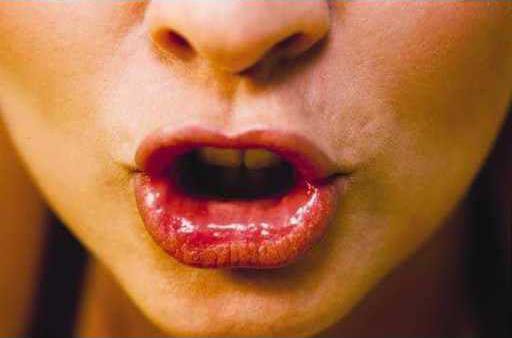As a parent, I try hard not to raise my voice toward my children. Yet, despite my best efforts, it still occasionally happens. In one of those weak moments, I started yelling. I don’t even remember why I was angry, I only remember the alarmed look on my 3-year-old’s face. I quickly ended my rampage and his quiet little voice bravely told me what he was thinking, “that noise is scary. You scared me Mom.”
How scary we can be to our children when we tower over them, arms flailing and veins popping.
You’ve probably been there too — yelling at your kids. (I know I’m not the only one.) And actually, that minute that I snap doesn’t usually have anything to do with the children in that moment. Just like a tea kettle: I’ve been agitated and stressed too long and I burst.
Our stress comes from every direction. Can we feel our stress rising? We are full of anxiety because we are running out of time. The kids won’t stop fighting and their crying and yelling is out of control. We have an unexpected bill on the counter and we're not sure how you’ll make the payment.
The house is in a state of constant disaster because the little humans make messes faster than we can clean them up. And then they battle us to the death when we ask them to pick up after themselves. We step on a Lego for the gazillionth time and we just can’t take it anymore. We lose control. Clearly we had lots of reasons to do so. We yell and criticize. And who do we belittle? Our own kids.
But even with their messes and tantrums, they don’t deserve the yelling. It was external stress that started our kettle boiling in the first place.
I heard that comedian Bill Cosby said, “Parents are people who yell and they yell and they yell and they yell. And you already have the point... and they're still yelling.” But even if he’s totally joking, that’s not the kind of parent I want to become. I don’t want the noise of my voice to scare my babies.
So what can we do it curb the criticism we dish out and stop the yelling? Here are five things we can personally do to stop releasing that stress on our children. In the next MOMentity column, we will address five things we can do toward our children to handle the stressful moments rather than yelling.
1. Just stop
Rachel Stafford of The Hands Free Mama wrote a moving post about unintentionally bullying her daughter. Stafford’s advice to herself was to just “Stop!” She decided to shut down the criticism: “Then I swallowed the hurtful words and relaxed my disapproving face.”
2. Calmly explain our frustration
We have stresses that can trigger an outburst and we probably know it. (I’m always way more irritable when I’m paying bills or up against a deadline.) But it is usually unclear to our children why their battery-operated toy guitar is driving us crazy today when we seemed fine with it yesterday, and when we smiled at their rockstar moves.
Let our children know what is going on. For example, “I’m sorry, you have to play with that toy in your bedroom. Mommy needs extra focus right now and that toy is way too noisy.”
3. Apologize if necessary
Did we already raise our voices or make a comment about something that doesn’t really matter? The words “I’m sorry” can go along way in correcting the situation — even with the littlest of family members.
4. Evaluate our needs
If we are not taking care of our own basic needs, it’s very difficult to offer the best of ourself to our family. Do we need a nap? Are we so hungry we're angry? Hangry is a thing now.
Rather than yelling, take a deep breath and eat something.
5. Proceed with love
Follow Stafford’s advice and relax the disapproving face. Go silent if we need, and remove ourselves from the situation if we can. All of these actions help us to proceed in parenting our children in love rather than fear.
Then as soon as possible, replace frustration with love and purposeful kindness. When the stress bubbles up again (because we totally know it will) and the kids are screaming our name (or variations of our name in a high pitch), just take it back and start at the beginning.
Nicole Carpenter is the CEO of MOMentity.com and creator of Define Your Time eCourse. She is a speaker and mentor for mompreneuers. Nicole and her husband are raising four children, 8 years and younger, including twin toddlers. Twitter: @momentity








